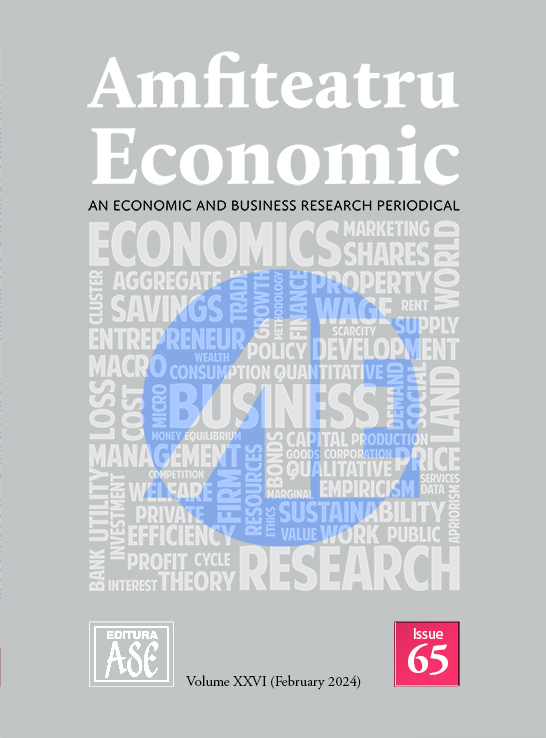Artificial Intelligence and the Modelling of Teachers’ Competencies
Artificial Intelligence and the Modelling of Teachers’ Competencies
Author(s): Ramona Marinela Simuț, Ciprian Simuţ, Daniel Badulescu, Alina BadulescuSubject(s): Business Economy / Management
Published by: EDITURA ASE
Keywords: Artificial intelligence (AI); educator; competencies; attitude;
Summary/Abstract: This research explores educators' perceptions of their role in shaping competencies and also presents the key challenges and measures perceived by educators in the AI system development landscape. The study employs a partial least square – structural equation modelling (PLS-SEM) as the primary analytical tool. A set of hypotheses was derived from the literature, formulated and tested to substantiate the relationship between educators' attitudes and competencies. The findings highlight a significant positive relationship between teachers' attitudes toward AI and competence development, with the most pronounced impact on educational management competencies. Thus, teachers' positive attitudes toward AI statistically significant influence cognitive, fundamental and educational management competencies, underscoring the critical role of instilling positive attitude towards AI among educators to foster the development of multifaceted competencies. Furthermore, the research highlights key challenges to integrating AI into education, including the imperative for professional development for educators and ensuring equitable access to educational resources and technology. From a practical point of view, the study advocates for initiatives aimed at bridging the digital divide and integrating AI education into curricula as indispensable policy measures. The originality of our research lies in the unitary approach of the relationship between positive attitudes of teachers toward artificial intelligence and a series of competencies, such as cognitive, fundamental and educational management. Although the study provides valuable information, it has certain limitations. The findings are based on educators' perceptions and attitudes, which may vary among individuals, the study scope is limited to a specific region, and the generalisability of findings to other settings may require further investigation. This research contributes to the existing literature by exploring the relationship between teachers' attitudes toward AI and the development of their skills, with the help of an exploratory model using structural equations, a model that has the teachers in the foreground.
Journal: Amfiteatru Economic
- Issue Year: 26/2024
- Issue No: 65
- Page Range: 181-200
- Page Count: 20
- Language: English

